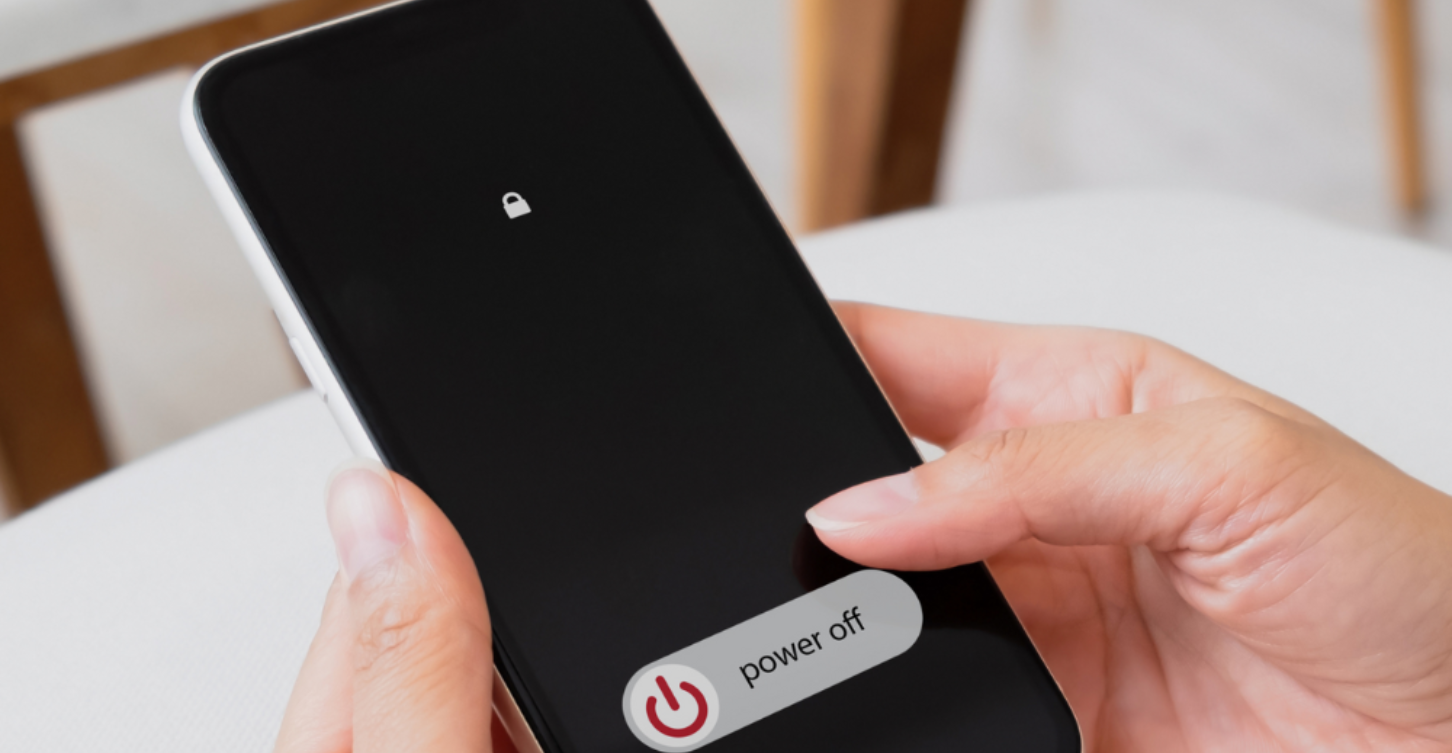How to Put Your Phone Down and Be Present
March 10, 2023
By: Veronica Boswell & Carly Collins
Categories: Healthy Living
Have you found yourself aimlessly scrolling through social media for hours on end? You’re not alone. The average American adult spends four or five hours a day on their phone and checks it every four minutes.
Apps like TikTok, Instagram and Facebook are great tools to keep you connected and entertained, but they can also be obstacles to feeling present in your daily life.
Many of us spend hours using technology for work and then come home and spend even more time scrolling through our phones. All those hours spent staring at a screen can leave your eyes strained, keep you from getting a good night’s rest and negatively impact your mental health.
Here at Tallahassee Memorial HealthCare (TMH), we’re dedicated to helping you live the healthiest and happiest life possible. Reducing your screen time is a key piece of this.
Learn more below about why our phones can be so addictive and what you can do to set boundaries around phone usage, leaving more time for activities you enjoy and promoting your mental wellness.
What Keeps Us Scrolling?
When we use our phones, our brains release a small amount of dopamine – a neurotransmitter, or brain chemical, that makes us feel happy. When that happy feeling fades, our brains crave more, leading us to pick up our phone again, again and again. You may even find that not checking your phone causes you to feel anxiety or depression.
Seventy-four percent of Americans feel uneasy leaving their phone at home, while 70% report checking their phones within five minutes of receiving a notification.
The dopamine our phone usage gives us keeps bringing us back.
How Screen Time Impacts Your Mental Health
As with many things, cell phones can be positive for our mental health when used in moderation. They allow us to stay connected with loved ones who may live far away, build online communities and learn new things. It’s when that intentional use turns compulsive that it presents a serious problem.
The more time you spend on your phone, the less you spend connecting with people in real life, being active and practicing mindfulness – all of which contribute to positive mental health.
One study found that people who spent more time on their cell phones tended to experience more mood fluctuations and low feelings. Another study found that adolescents who spend more than three hours a day using social media may be at increased risk for mental health problems. And while our phones can help us stay connected with others virtually, people who are addicted to their smartphones often experience increased loneliness, which can be detrimental to mental health.
How Screen Time Impacts Your Physical Health
Excessive smartphone use can also have negative implications for your physical health.
When you spend hours sitting in front of a screen, you have less time to be physically active. Studies have linked increased screen time to obesity, and reduced physical activity can lead to weight gain, diabetes, high blood pressure, heart disease and joint problems.
Too much phone usage – especially right before bed – may also be causing you to lose sleep. It keeps your mind engaged, making it more difficult to wind down at the end of the night. Plus, the blue light your phone emits can damage your eyes, throw off your circadian rhythm – your body’s internal clock that tells you when to wake and sleep – and suppress melatonin, the hormone that regulates your sleep.
Sleep restores energy and allows the brain to process the information it collects while you’re awake. Without it, you may be more likely to experience depressed mood, attention deficits and memory problems. Lack of sleep is also known to increase risk for obesity, cardiovascular disease and diabetes.
Looking down at your phone all day can also cause neck strain, and constantly staring at screens fatigues your eyes.
How to Regulate Your Phone Usage
So what can you do to use your phone in healthy ways? The key to building healthy phone habits is regulating the time you spend on your device. Here are five tips to help you stay off your phone and be more present in your life.
1. Set a Timer
It’s easy to get sidetracked online for hours. Many social media apps are designed to keep you scrolling by feeding you information that continuously stimulates your brain. Be intentional by setting a timer to limit how long you spend on your screen.
2. Limit Time for Technology
Rather than cutting yourself off completely from your phone, try progressively scaling back. You’re more likely to reach your goal when you break it into manageable steps.
Set a time limit for daily phone use and hold yourself to it. Many phones have tools built in to help you regulate your screen time and will prompt you when you’ve hit your limit. Over time, try giving yourself shorter windows of time dedicated to technology.
3. Do Not Disturb
Using your phone’s Do Not Disturb function is a good way to check notifications on your own time instead of every time you get an alert. This will help you be intentional about your phone usage, rather than feeling like you must pick it up every time it buzzes.
4. Focus on One Thing at a Time
Oftentimes, we may find ourselves pulling a screen out when doing tasks that don’t require our full attention, like when eating or cleaning. This prevents you from being truly present in your tasks and can lead to them taking longer than planned. Instead, try to focus on the task at hand and then you will have time for more activities.
5. Do New Things
Try to fill your time with non-technology related activities. Less screen time can give you opportunities to read a book, cook a new recipe, find a physical activity that you enjoy or plan a date to catch up with family and friends.
The possibilities are endless. Making small changes in your technology habits can lead to a better balance between technology use and being present in the moment for a happier, healthier life. Even including one tip from the list can help you be more present in your daily life.
For more resources like this, subscribe to our Healthy Living newsletter.



